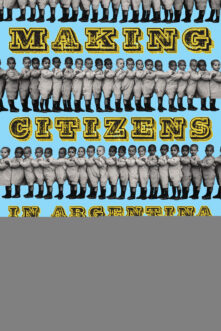History / General
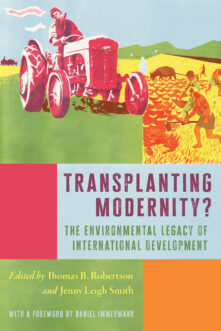

Transplanting Modernity?
New Histories of Poverty, Development, and Environment
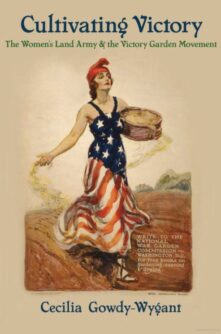

Cultivating Victory
The Women's Land Army and the Victory Garden Movement
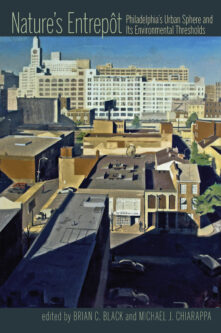

Nature’s Entrepot
Philadelphia’s Urban Sphere and Its Environmental Thresholds
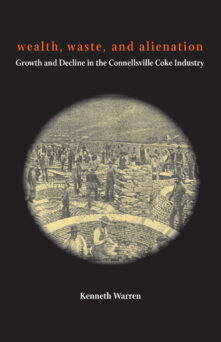

Wealth, Waste, and Alienation
Growth and Decline in the Connellsville Coke Industry
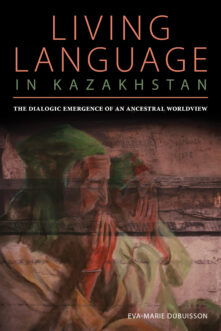

Living Language in Kazakhstan
The Dialogic Emergence of an Ancestral Worldview
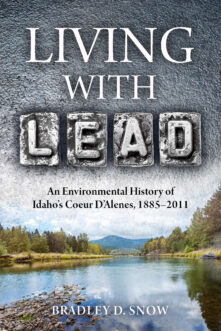

Living with Lead
An Environmental History of Idaho's Coeur D'Alenes, 1885-2011
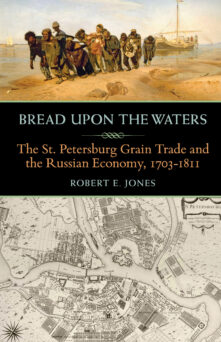

Bread upon the Waters
The St. Petersburg Grain Trade and the Russian Economy, 1703-1811
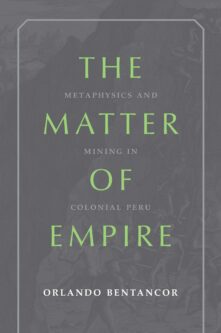

The Matter of Empire
Metaphysics and Mining in Colonial Peru
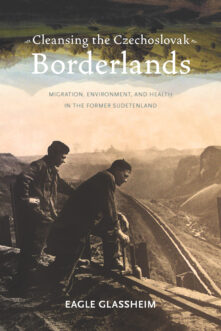

Cleansing the Czechoslovak Borderlands
Migration, Environment, and Health in the Former Sudetenland
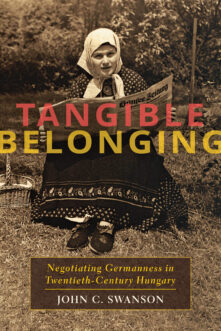

Tangible Belonging
Negotiating Germanness in Twentieth-Century Hungary


When They Hid the Fire
A History of Electricity and Invisible Energy in America
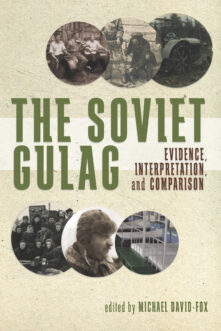

The Soviet Gulag
Evidence, Interpretation, and Comparison
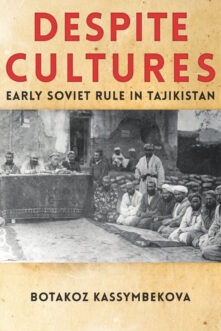

Despite Cultures
Early Soviet Rule in Tajikistan
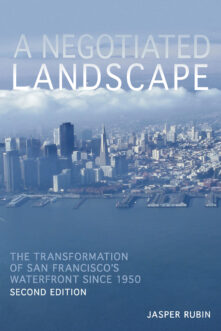

A Negotiated Landscape
The Transformation of San Francisco's Waterfront since 1950
Total 213 results found.


